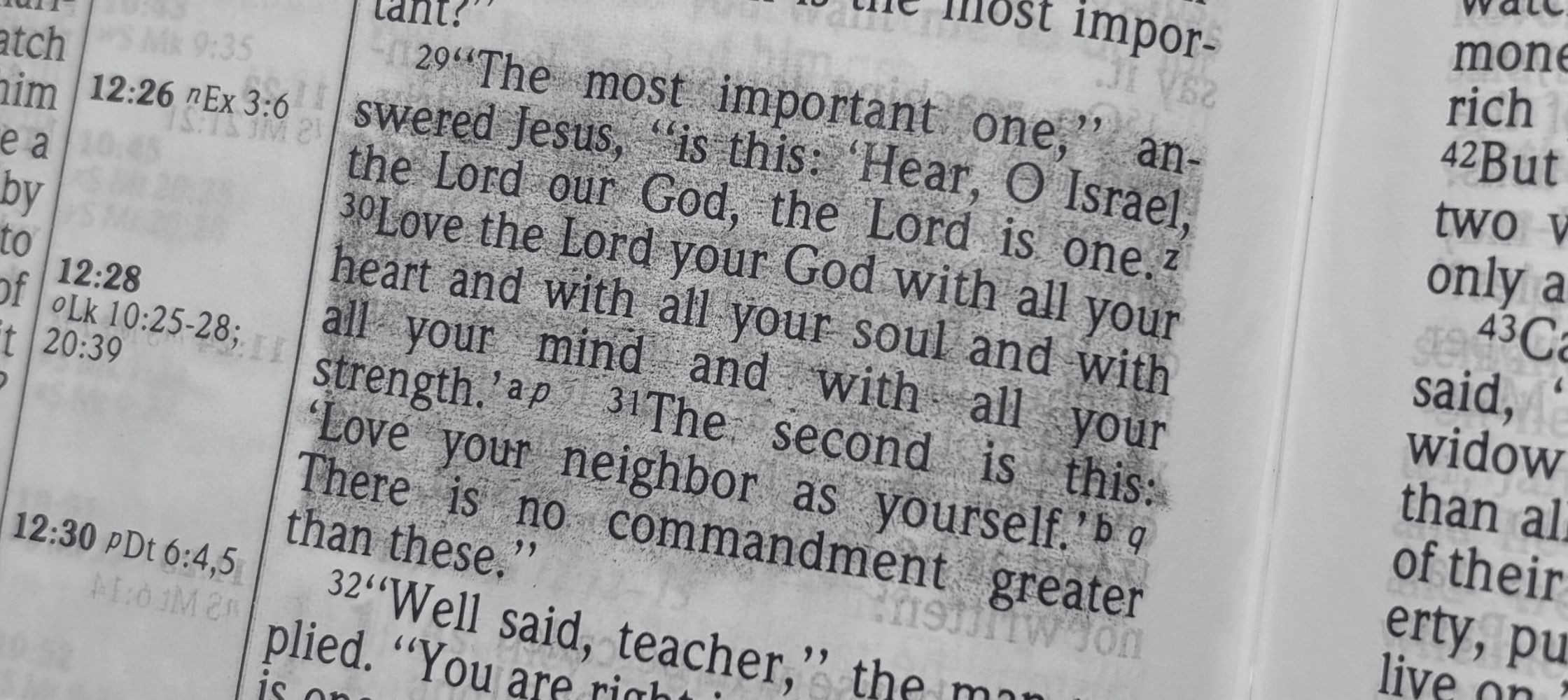Thank you! Your submission has been received!
Oops! Something went wrong while submitting the form.

By: Robert E. Zink
February 7, 2022
Rejoice in hope, be patient in tribulation, be constant in prayer. -Romans 12:12
Be constant in prayer. Those words persist throughout the New Testament, being found in several variations (i.e., Ephesians 6:18; Colossians 4:2; 1 Thessalonians 5:17). Our Lord Jesus tells a parable described as being ‘to the effect that they ought always to pray and not lose heart’ (Luke 18:1). In commenting on 1 Thessalonians 5:17, Charles Spurgeon writes that the implication of this text is
“that a Christian has no right to go into any place where he could not continue to pray. Pray without ceasing? Then I am never to be in a place where I could not pray without ceasing” (1).
If praying without ceasing signifies praying at all times, then the activity of prayer must be elevated in the Great Commission. Prayer is a discipline of priority in evangelism and discipleship. Yet, to pray without cessation seems intimidating; even with a multitude of subjects to pray about, we lose focus, lose interest, or lose capability. No matter what role we have, though, praying without ceasing is both essential and possible. To aid our prayer, consider the following three aspects to guide you.
Security: Pray for the Unbeliever
A Great Commission prayer begins by praying for one's spiritual transformation. Like the Apostle Paul, we pray for God's Word to spread amongst the people and initiate a lasting effect in the life of an unbeliever (cf. 2 Thessalonians 3:1). We pray for conversions, pleading with the Lord to soften the heart of the unbeliever so that he/she may be inclined towards the Lord. Thus, we pray that an unbeliever finds security in salvation from the Lord.
Sufficiency: Pray for the New or Weak Believer
A Great Commission prayer continues by praying for the new or spiritually weak believer. According to Peter, growing in the grace and knowledge of God is an admirable primary goal for any disciple of Christ (2 Peter 3:18). The trajectory of any believer is to be upward, growing in Christlikeness as he/she draws nearer to Christ. Those early, formative years are crucial in establishing habits of grace so that a newer or weaker believer is not taken captive by worldly philosophies. Therefore, we pray that they grow in their knowledge of God's will (Colossians 1:9), finding their sufficiency in Him.
Surrender: Pray for the Stronger Believer
A Great Commission prayer finishes by praying for the stronger believer. Using terminology found in Romans 14, the believer described as stronger is not better, standing higher on moral ground, or immune to the enticements of sin. The stronger believer is one who has been merely refined through the process of sanctification and thus can impart biblical wisdom to the weaker believer because of past, personal experiences.
However, the stronger believer needs prayer in these circumstances, first that he/she does not become puffed up. Unchecked arrogance may lead to overconfidence in the battle against sin and increased dependence upon self during evangelism and discipleship. Therefore, we pray for the stronger believer not to be deceived by his/her own abilities but instead surrenders to the Lord's work.
Prayer is the position of the Great Commission, causing us to submit to the Lord’s will and the Lord’s work. If the character of prayer is unceasing, the content of our prayer causes us to pray more. When we enter an encounter with the Great Commission then, we do so from a position of prayer.
(1) Jason K. Allen, Ed. Spurgeon on the Priority of Prayer (Chicago: Moody Publishers, 2021), 117.
